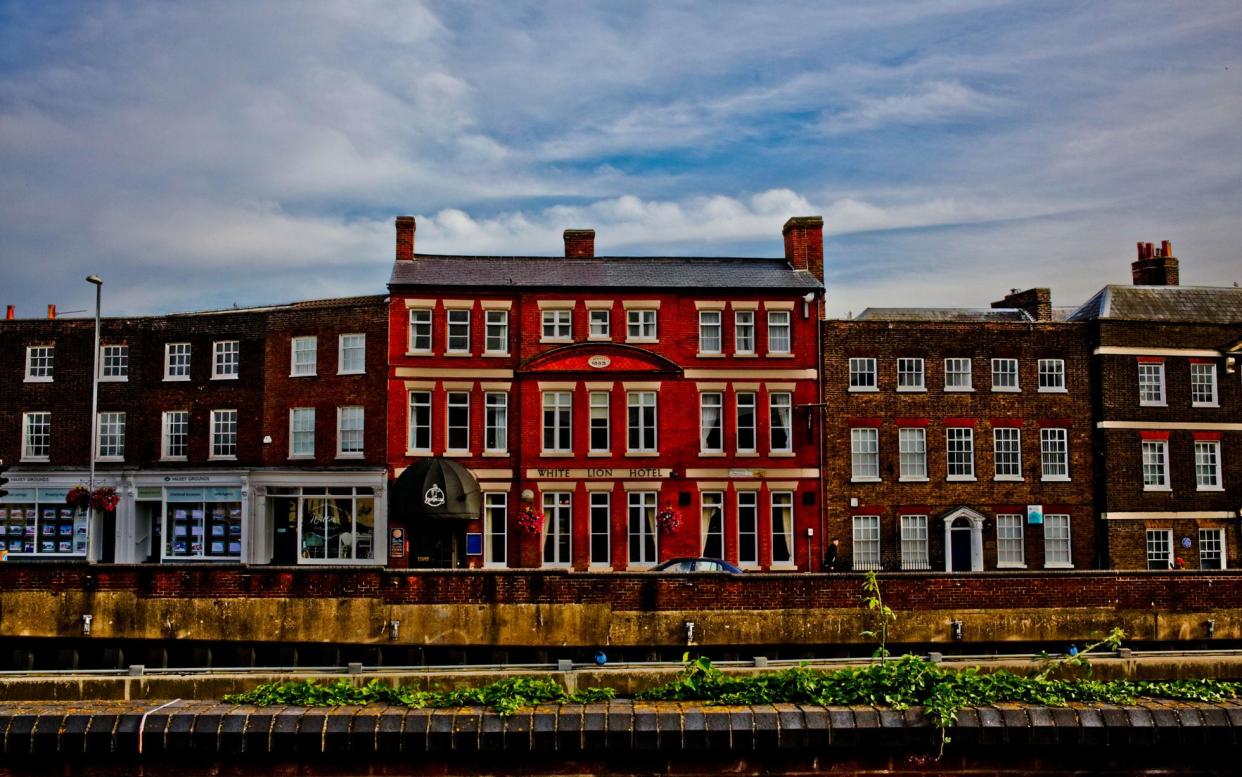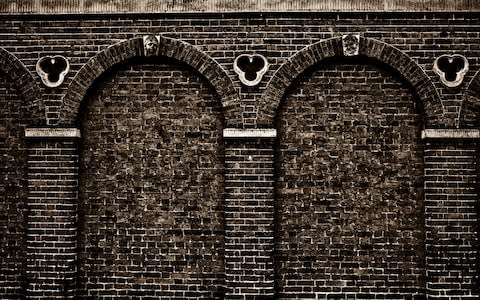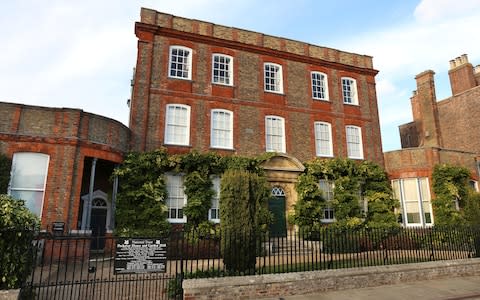The spirited English town with some of Britain's best forgotten history

“Wisbech is a nice enough place,” a man at Peterborough station told me as we waited for the bus. “I used to live around there. I crashed my Land Rover right into a dyke.”
This fellow evidently didn’t have much luck with cars. He was on the way to Wisbech to pick up another car from the local police force, who had recovered it from a thief just two weeks after he’d bought it. Thankfully, the vehicle was unharmed.
“Yes, I think you’ll like Wisbech. Just watch out after dark,” he told me as the bus arrived. What could he mean, I asked myself.
In 2012, the Daily Mail ran a story claiming the area had been taken over by an Eastern European gang dubbed the “Baltic Mafia” (no evidence of this on my visit). Wisbech also became something of a poster child for both sides of the Brexit debate after its Fenland constituency became the sixth-highest Leave-voting area in the country.
Remain voters pointed to the market town as a haven for racists, enraged by the influx of Lithuanians (who now make up around 20 per cent of the population). On the other side of the aisle, Leavers saw a rural, quintessentially British town left behind by metropolitan elites.

“They’re just wary of outsiders. I’ve been here 40 years and people are still wary of me,” said Peter Clayton, the enthusiastic curator of the Octavia Hill Museum.
Hill, who fought for social reform by building houses for the poor and encouraging personal improvement through community and shared values, is just one of the Wisbech’s radical historical figures. In the centre of town is a grand memorial to Thomas Clarkson, one of Britain’s most prominent anti-slavery advocates (his brother John Clarkson was the governor of Sierra Leone who gave a safe home to former slaves freed during the American Revolution).
Then there’s anarchist William Godwin, who married Mary Wollstonecraft, the pioneering early feminist and mother of Mary Shelley, the author of Frankenstein. In short, some of the champions of the values we hold dear in modern British society – freedom, tolerance, community and political engagement – were born here, half an hour from Peterborough.
There’s much else to like about this place, once a prosperous river port. It’s filled with esoteric history and off-the-beaten-track sights. One of the first concrete bridges in the UK, anyone? How about one of the last remaining brick crescents?

Wisbech is a treasure trove of Britain’s forgotten history. It might not be the most famous town in the world, but you’ll come away with a story.
Five reasons to visit Wisbech
The gardens
The only thing better than a maze is a beer-themed maze filled with old brewing equipment. In addition to the maze, Elgood’s four-acre gardens include a lake, a greenhouse, water features, and Sam, a charming statue of a dog, who stands guard over the graves of generations of Elgood family pets.
The cream tea
Earlier this year, the food experts at Lonely Planet noted that the cream tea served at Peckover House was one of the best foodie experiences in the world. The tea room is situated in the centre of the floral oasis of the house’s Victorian walled garden. The house seems to be closed more often than it’s open, so don’t make my mistake – make sure to call ahead.
The brewery
Elgood’s is a fantastic 200-year-old traditional brewery, which has been in the same family for five generations. You can take a tour and learn how they make their award-winning beers. And there’s a shop where you start and begin the tour, so there’s plenty of time to grab a bottle (or ten).

The museum
Curator Robert Bell and his team at the Wisbech & Fenland Museum are experts at making history relevant. A giant skeletal ichthyosaur hangs in one gallery, made of plastic bottles as a meditation on pollution. And items belonging to British anti-slavery campaigners Thomas and John Clarkson are set to form the basis of an exhibition on modern slavery. Elsewhere, the museum houses a vast library containing Charles Dickens’s manuscript of Great Expectations, complete with the original (tragic) ending.
The other museum
Arguably Wisbech’s most influential daughter, Octavia Hill was a social reformer who essentially pioneered the idea of the Big Society. She believed that happy people worked better, and spent her life building houses and communities. She went on to help found the National Trust and created the vast majority of London’s green spaces. The Tardis-like Octavia Hill House focuses on her life and puts philosophy into action by opening itself up to local painting, singing and school groups.

